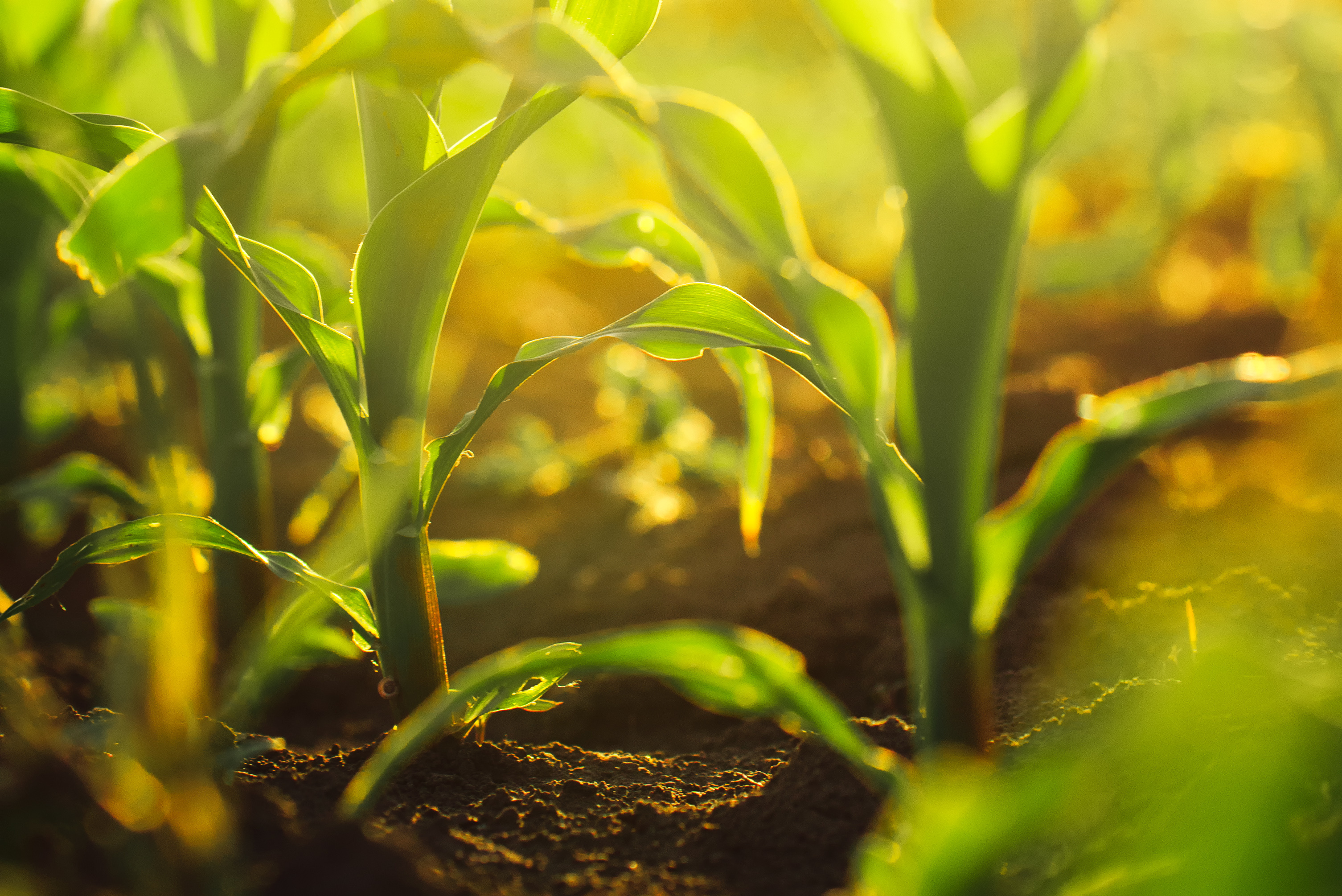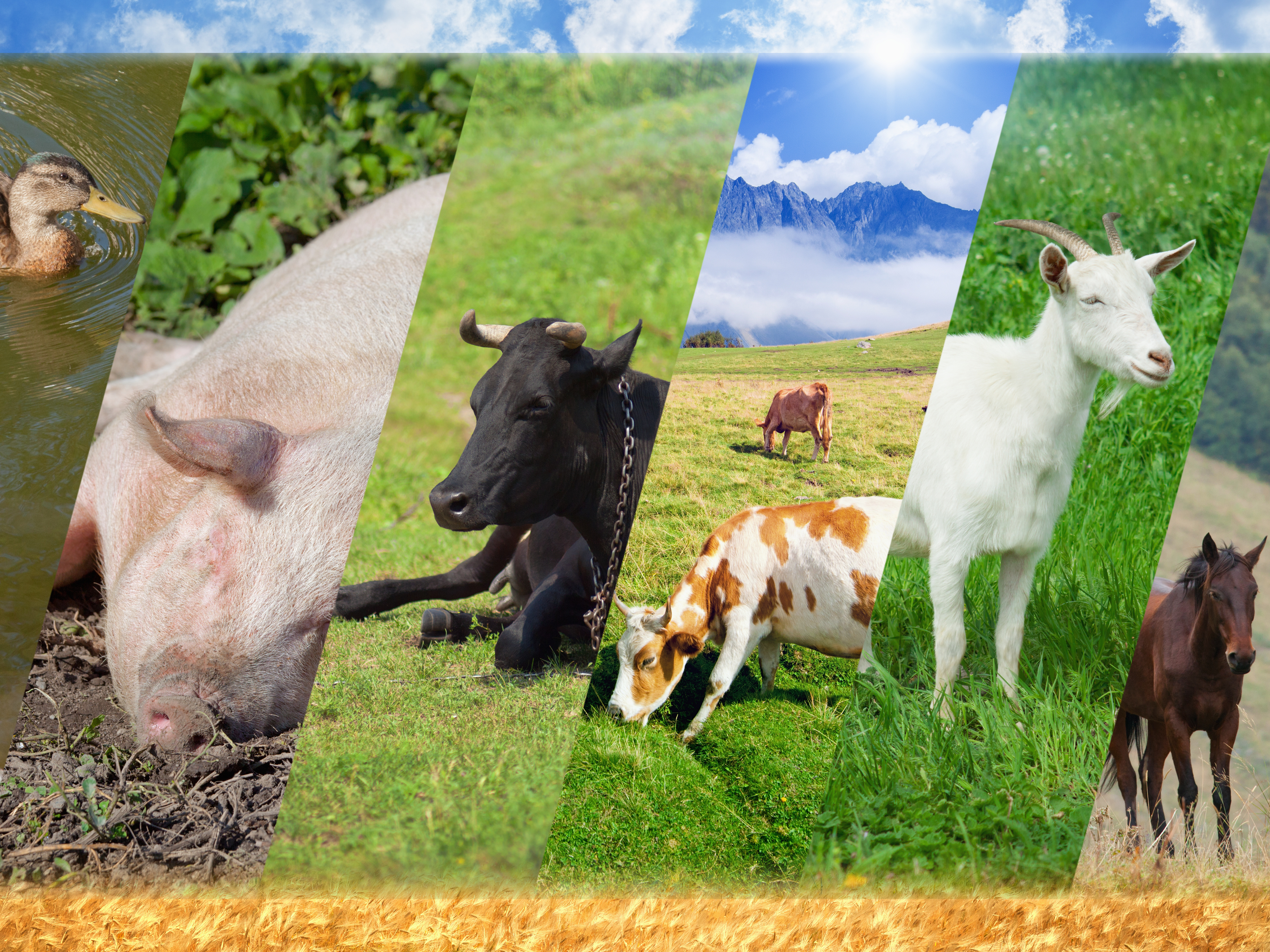The Coalition on Sustainable Productivity Growth for Food Security and Resource Conservation (SPG Coalition), which was launched at the 2021 UN Food Systems Summit, has grown to include over 110 members, including 22 countries plus the European Commission, the UN Food and Agriculture Organization, research and non-governmental organizations, and private sector groups and businesses.
This diverse membership shares a vison of a world in which everyone has access to safe, nutritious, and affordable diets; farmers and farmworkers have decent incomes and safe working environments; natural resources and biodiversity are sustainably used and managed; and agriculture plays a positive role in climate change adaptation and mitigation.
SPG members recognize the essential role that raising the productivity of natural resources—rather than bringing new resources into production—plays in advancing this vision. They also recognize the importance of a holistic approach to accelerating productivity growth that considers impacts and tradeoffs among social, environmental, and economic objectives.
Since its creation, SPG Coalition members, together and individually, have supported a wide variety of projects to accelerate sustainable productivity growth for the transition to more sustainable, resilient, and inclusive food systems. This compendium highlights a number of these, as submitted by Coalition members.
The projects included here are real-life examples of innovative, evidence-based approaches for accelerating sustainable productivity growth, inclusive of those rooted in traditional knowledge and experience; those involving innovations in social, behavioral, managerial, and institutional structures; and those incorporating cutting edge technologies. Each project report includes information on realized and potential social, economic, and environmental impacts.
The SPG Coalition provides this compendium to share best practices and lessons learned. It is our hope that the diversity of projects included here will help inspire action by governments, researchers, NGOs, and the private sector around the world.
Examples from the compendium include projects to:
- Reduce methane production while increasing milk production in cows by applying canola meal to feed.
- Improve nutrient-use efficiency of rice and wheat in India.
- Analyze the greenhouse gas emissions of Argentina’s new genetically engineered, drought-tolerant wheat.
- Assist small-scale farmers in Sri Lanka and Zambia overcome challenges adopting sustainable crop production practices through Save and Grow practices.
- Integrate alfalfa and other legumes as an alternative to nitrogen fertilizer in irrigated pastures.
- Develop and scale sustainable supply chains for continuous living cover crops in Minnesota and other U.S. States.
- Improve fish production in a sustainable and cost-effective way and strengthen local value chains in the Republic of Congo.
- Research and align resources to decrease enteric methane emissions from cattle.
- Document innovative soil management practices in Europe to provide information on regional and local practices and conditions.




